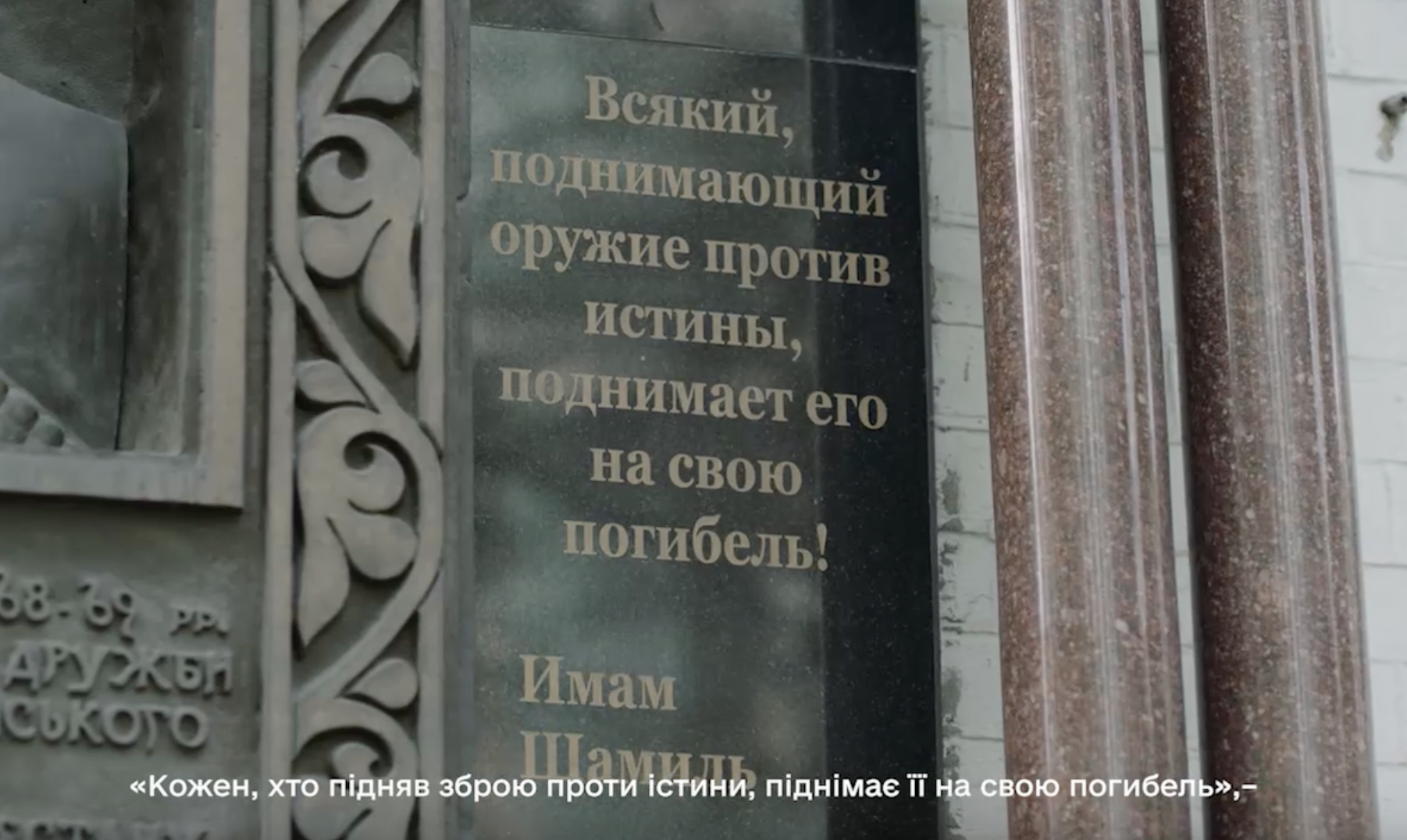President of Ukraine Volodymyr Zelensky addressed the indigenous peoples of Russia in Russian, including the peoples of the Caucasus and Siberia. Video message published in Telegram.
Zelensky said that Dagestanis, Chechens, Ingush, Ossetians, Circassians and other peoples who found themselves under the Russian flag should not die in Russia's "vile and shameful war."
“Almost 200 peoples. You know who sends you all to fight in Ukraine. The sender wants to make you a "cargo of 200". What do you want? I'm sure you want to live. I'm sure you're tired of the lies. I'm sure you know: we need to fight now!"
The President added that people are resisting the criminal mobilization, which the Russian authorities want to block "the failure of their cadre army and their criminal orders." He called on representatives of different nations to fight and defend their freedom in the streets and squares.
Zelensky said he was addressing the peoples of the Caucasus from the part of Kyiv where the leader of the North Caucasian national liberation resistance, the national hero of Dagestan and Chechnya, Imam Shamil lived in the 1860s. The video shows a memorial plaque with a bas-relief of Shamil and his quote proclaiming the invincibility of truth. Zelensky stressed that Ukraine knows how to honor heroes.

On September 29, it was reported that in Dagestan, Derbent, authorities tried to drive residents to the military enlistment office using loudspeakers. The car of the Ministry of Emergency Situations drove around the city, and those sitting in it urged the men to come to the military enlistment office with a passport and a military ID. The head of Dagestan, Sergei Melikov, apologized to the townspeople and called the incident "utter stupidity."
After Putin announced a "partial" mobilization, mass protests began in many Russian regions, including Dagestan. The police and the National Guard severely dispersed the rallies in Dagestan. Videos of the protests posted online were mostly women whose relatives were drafted. They shouted "No to war!" and “Our children are not fertilizer!”. Law enforcement officers beat them and forced them into paddy wagons. After the protests, investigators opened about 30 criminal cases against local residents. The detainees were found to have bodily injuries: hematomas, brain concussions with TBI, suspected fractures.


